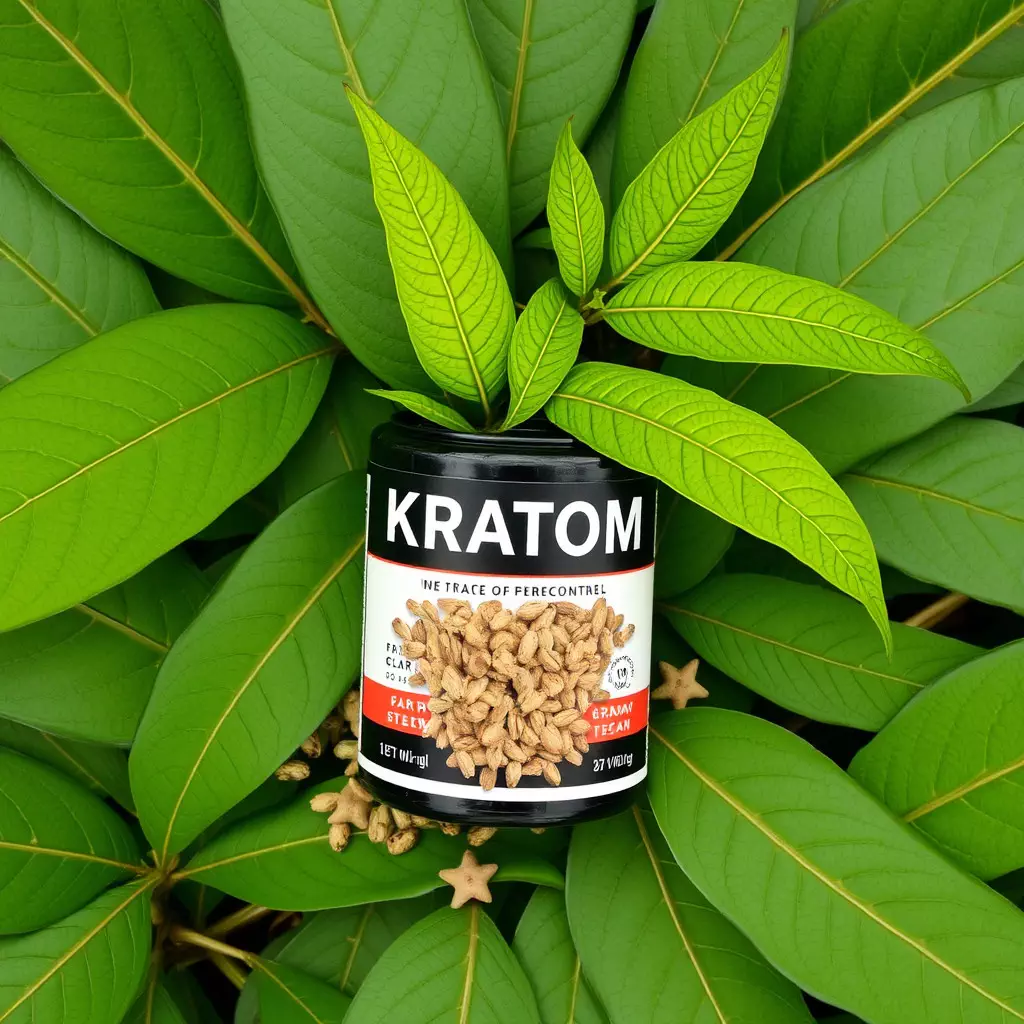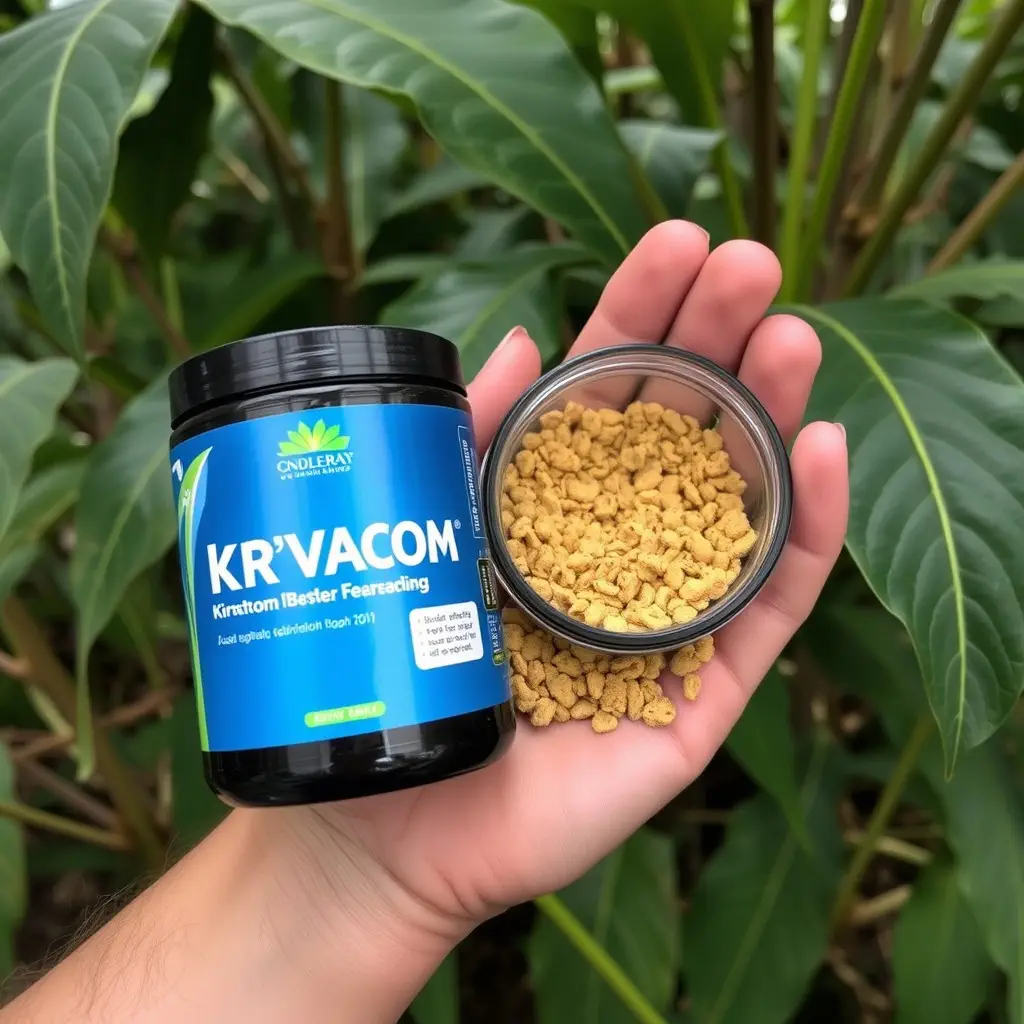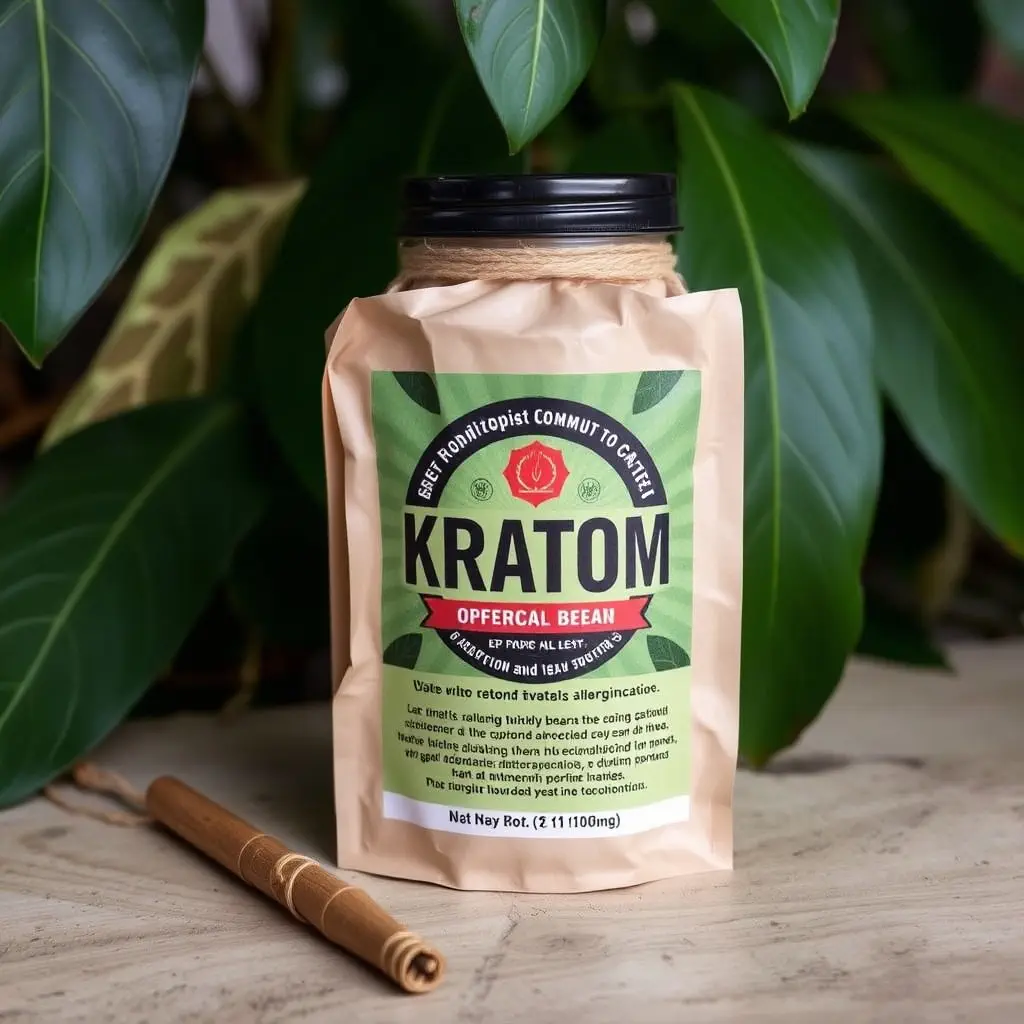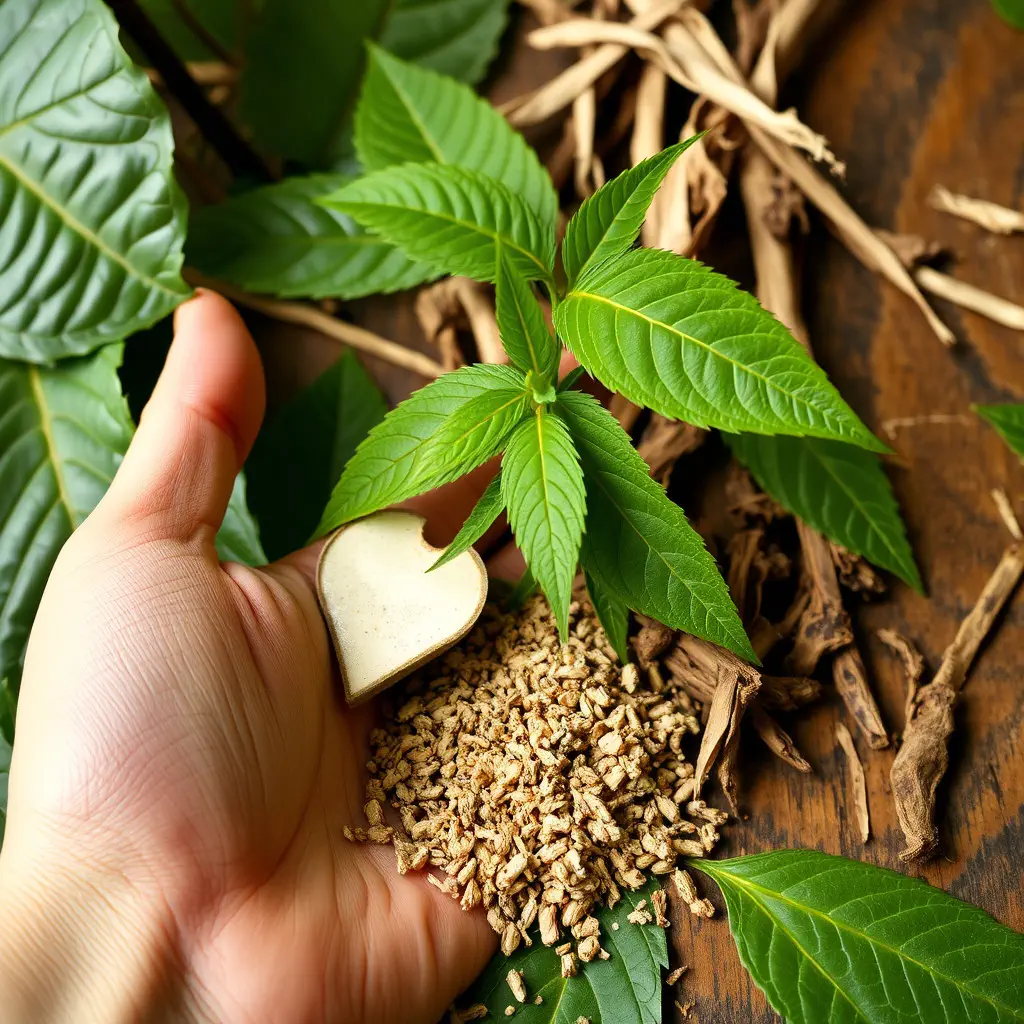Kratom, sourced from a Southeast Asian tree, contains alkaloids like mitragynine and 7-hydroxmitragynine that offer pain relief by interacting with opioid receptors. It provides both stimulant and sedative effects depending on the dose. Given its potential to relieve chronic pain without significant side effects typical of traditional opioids, it's an alternative worth considering for some individuals. However, kratom's legal status in the U.S., particularly in Alabama, is complex; as of the latest updates, it's not explicitly banned but is classified as a Schedule I controlled substance in Alabama, which imposes strict regulations on its use. This means that certain strains are illegal to possess, distribute, or sell in the state. Despite this, most kratom products remain available, provided they do not include the banned strains. It's imperative for individuals considering kratom for pain management to stay informed about legal changes, as Alabama's stance on kratom is subject to rapid shifts due to state legislation. For the most accurate and current information on kratom's legality in Alabama, consumers should consult recent local laws and possibly seek guidance from legal experts. Always remember that kratom use comes with health risks and potential side effects, and it's advisable to consult healthcare professionals before incorporating it into your health regimen.
Exploring the intersection of botanical remedies and pain management, this article delves into the natural pain-relieving properties of kratom supplements. Known for its complex alkaloid profile, kratom has emerged as a potential alternative to traditional analgesics. As we navigate its potential benefits, particularly in chronic pain relief, it’s crucial to consider the legal landscape. A spotlight is cast on the legal status of kratom, with a focus on Alabama—is kratom legal in Alabama? Understanding the nuances of its legality and the efficacy of kratom for pain management will guide readers through an informed exploration of this intriguing natural remedy.
- Understanding Kratom and Its Role in Natural Pain Management
- The Legal Status of Kratom in Alabama: Is Kratom Legal in Alabama?
- Exploring the Benefits and Considerations of Using Kratom for Chronic Pain Relief
Understanding Kratom and Its Role in Natural Pain Management

Kratom, a tropical evergreen tree native to Southeast Asia, has garnered attention within natural pain management circles due to its alkaloid compounds, mitragynine and 7-hydroxmitragynine. These active elements interact with the body’s opioid receptors, providing both stimulant and sedative effects depending on the dosage. The interest in kratom as a pain management alternative stems from its potential to alleviate chronic pain without the side effects often associated with prescription opioids. As individuals seek safer options for managing pain, kratom has emerged as a natural supplement that can help manage discomfort ranging from mild to severe.
The legal status of kratom varies across the United States, with specific regulations that differ by state. For instance, in Alabama, the legality of kratom is subject to change and is influenced by both state and federal regulations. As of the knowledge cutoff date, kratom is legal in Alabama, but it’s classified as a Schedule I controlled substance, implying stringent restrictions on its sale, distribution, and use. It’s important for consumers to stay informed about the evolving legal landscape surrounding kratom, as regulations can impact access and usage. Those interested in using kratom as part of their pain management strategy should first consult with healthcare professionals and be aware of the legal context within their state, particularly in Alabama where its status is particularly nuanced.
The Legal Status of Kratom in Alabama: Is Kratom Legal in Alabama?

In recent years, kratom has emerged as a subject of interest within natural pain management circles. The mitragyna speciosa tree’s leaves, from which kratom is derived, have been traditionally used in Southeast Asia for their stimulant and sedative properties. As this botanical supplement gains popularity across the United States, including in Alabama, the legal status of kratom has become a point of confusion for many residents. As of my knowledge cutoff date, kratom’s legal standing in Alabama is nuanced. While the state has not explicitly banned kratom, it does not regulate its sale as a dietary supplement either. Instead, kratom falls under the Alabama Controlled Substances Act, which places certain strains of kratom into Schedule I control, effectively making them illegal. This legislation has implications for consumers and vendors alike, as possession, distribution, or sale of these specific kratom strains is a criminal offense. However, the broader market for kratom products in Alabama remains largely untouched by these regulations, provided that the products do not contain the specifically banned strains. It is important for individuals interested in using kratom for pain management to stay informed on any changes to state legislation, as the legal status of kratom can evolve with new laws and amendments. Is kratom legal in Alabama? The answer is complex and subject to local interpretation and change. Consumers should always verify current regulations and consult legal experts or local authorities for the most up-to-date information on kratom’s status within the state.
Exploring the Benefits and Considerations of Using Kratom for Chronic Pain Relief

Kratom, a tropical evergreen tree native to Southeast Asia, has garnered attention as a natural supplement for managing chronic pain. Its leaves contain compounds that can interact with the body’s opioid receptors, providing pain-relieving effects. For individuals seeking alternatives to conventional medications, kratom presents an intriguing option. The alkaloids present in kratom, namely mitragynine and 7-hydroxmitragynine, are believed to be responsible for its analgesic properties, making it potentially beneficial for those with chronic pain conditions.
However, the use of kratom comes with a set of considerations. One of the primary concerns is legality; for instance, the status of kratom in Alabama is subject to change as regulations evolve. As of recent updates, kratom is legal in Alabama, but its legal status can vary across different states and countries, making it imperative for users to verify its legality in their specific jurisdiction before use. Additionally, while kratom may offer a natural pathway to pain relief, it is not without potential side effects and risks. Long-term use and high doses can lead to adverse effects, and there are concerns about its interactions with other substances and its potential for dependency. Therefore, individuals considering kratom as part of their pain management strategy should approach its use with caution, consult healthcare professionals, and stay informed about the latest research and regulatory changes surrounding this supplement.
In conclusion, kratom has emerged as a significant natural alternative for pain management, offering relief for many who seek respite from chronic discomfort. The intricacies of its legality, particularly in Alabama where the status is subject to legal fluctuations, underscore the importance of staying informed on local regulations when considering kratom supplements. While the benefits of kratom are promising and worthy of exploration, it is crucial for individuals to weigh these against the necessary considerations, including potential side effects and interactions with other substances. Prospective users in Alabama should refer to the most current legal guidelines before integrating kratom into their wellness regimen. As research continues to evolve, so too will our understanding of this plant’s role in natural pain management.






